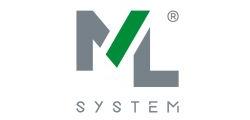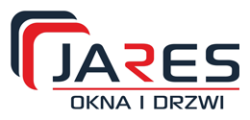Questions & Answers
The Employment Agency registered with the Voivodship Labour Bureau, which provides services to employers in the employment of employees with a view to handing them over to a user employer.
The user-employer is the entity to which the Employment Agency sent a temporary worker. A temporary worker performs work but is placing signs a contract) with the Employment Agency.
A temporary worker is a person who performs work for and under the supervision of the user’s employer but employed by the Employment Agency solely for the purpose of performing temporary work.
The rights of a temporary worker shall be determined by the right to equal treatment of working conditions in relation to other permanent employees employed by that employer.
• the right of access to training increases professional qualification if he performs work for the employer’s user for more than 6 weeks,
• the right to annual leave of two days for each month of stay with the same user employer, shall not be granted for the period for which the employee did not use the leave with the previous employer,
• the right to use the social services of the user employer under the conditions provided for the employees employed by that user employer,
• the right to compensation for violation of the principle of equal treatment by the user’s employer.
A temporary worker performing temporary work has the same obligations as other employees of the employer. He is obliging to carry out his work diligently and to comply with the instructions of his superiors concerning work, if they do not contradict the legislation or the employment contract. In particular the employee is obliging to observe:
• The working hours established at the workplace, the regulations and procedures that apply at the workplace,
• the rules of safety and health at work, fire protection
• the secrecy defined by the individual provisions of the Labour Code
• The principles of social coexistence in the employer’s workplace.
A temporary work is a labour relationship between three entities: a temporary worker, an employer and a temporary employment agency. The work in this system is that the employee is formally employed in the Temporary Employment Agency fulfils his duties and works with the employer-user (Customer of the Temporary Employment Agency).
An employment contract concluded between a temporary employment agency and a temporary worker must determine:
- the parties to the contract;
- the type of contract;
- the date of contract;
- to indicate the user’s employer;
- to indicate the agreed period of temporary work for him;
- the conditions of employment of a temporary worker during the period of work for the user’s employer, including remuneration for work and the date and the manner of payment of this remuneration by the temporary work agency.
In an employment contract concluded for a fixed period, the parties may provide for the possibility of early termination by any party:
• after a three-day communication, when the employment contract is concluding for a period not exceeding 2 weeks
• with a week’s notice, when the employment contract is concluding for a period of more than 2 weeks.
The essence of the leasing of employees is the assumption of obligations related to the selection and maintenance of the personnel by the Temporary Employment Agency. This solution allows companies to adapt their employment to current market conditions without the cost of maintaining permanent staff. This relieves entrepreneurs of the need to keep onerous personal records (salary lists, payments to the relevant offices, occupational safety training, etc.) and improves the work of personnel departments.






































